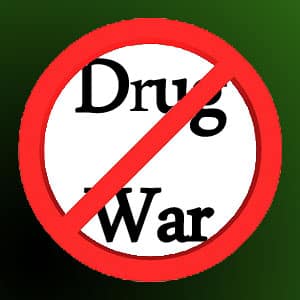 Latin American Nations Especially Critical, Say Prohibition Contributes To Violence, Drug Abuse Should Be Considered Public Health Problem
Latin American Nations Especially Critical, Say Prohibition Contributes To Violence, Drug Abuse Should Be Considered Public Health Problem
VIENNA – A leaked draft of the UN’s long-term strategy to combat drug abuse shows a number of countries oppose the current prohibitionist model and favor a public health approach to drug use rather than a law enforcement one. The draft is currently being compiled by the UN Commission on Narcotic Drugs and will be released in 2016 as the basis for the international organization’s 10-year plan for reducing narcotic drug abuse.
“Such documents are rarely seen by the public, so provide a rare glimpse into just how tenuous and contentious the supposed consensus on drug policy really is,” said Major Neill Franklin (Ret.), head of Law Enforcement Against Prohibition, a group of law enforcement officials opposed to the war on drugs. “Despite tremendous pressure to support the global war on drugs, these countries can no longer be silent about the harms of prohibition.”
Countries as diverse as Columbia, Guatemala, Mexico, Norway, Ecuador, Switzerland, Venezuela – even the EU itself – are calling for alternatives to prohibition, including harm reduction models and greater treatment for those in need. Their reasons include that the war on drugs supports cartels and paramilitary groups; negatively impacts the global economy and fosters the creation of illegal markets; encourages the spread of disease; results in human rights abuses and is ineffective at reducing drug use and abuse.
Law Enforcement Against Prohibition is a group of police, DEA officials, customs agents, prosecutors, judges and other law enforcement officials who, after fighting the war on drugs, now advocate for its end




